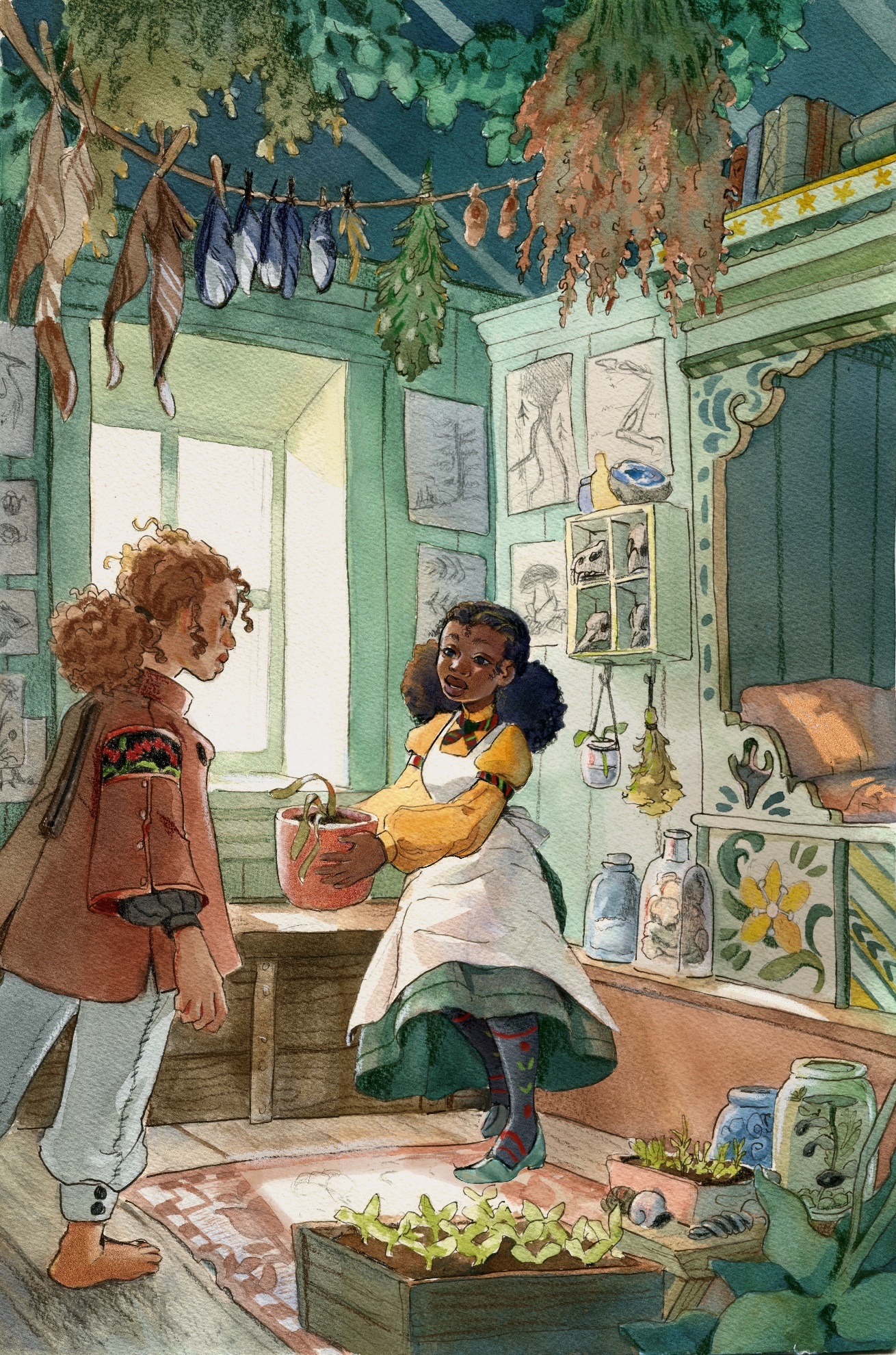Chapter 4:
A Clinging Snow
Lord Berrimont Ede, the Agricultural Councilor of the City of Magden of the County of Korraban, came by train to the southern end of the county, and travelled further down by carriage to Hiren.
Despite all tradition, the paperwork went through and was processed, and it reached the Count of Korraban who ordered the agricultural crisis being experienced in the southern farmlands to be investigated, because – as Grandpa Clem had predicted – the fog came back.
That night of Offering and its abundance was not seen the following harvests, as it became terrifying even to go out and till the ground for fear of the fog gasping out of the earth and seizing the oxen.
For all the trouble, there was a hope in the air about Lord Ede’s arrival. Every farmer in Hiren must have gone out to meet him and show him around their damaged sites, where the fog-touched ground had been marked off by rings of rocks and signs detailing the time of the damage.
Lord Ede, and his assistants – ecology and botany students from Magden’s university – examined each field, making hundreds of notes and measurements, examining each petrified vegetable with distillation and magnifying glass.
They promised to have some advice to give before their long voyage back up to the city, and so Hiren waited.
